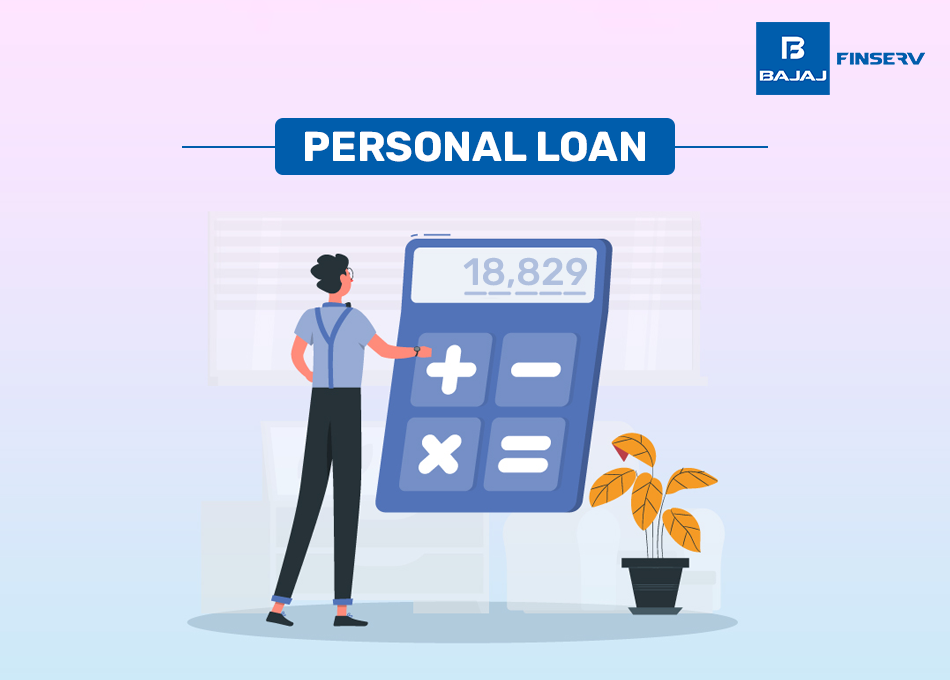When you run a small business, you know that cash flow problems are bound to creep up. Moreover, urgent financial needs can pop up anytime too. During such situations, a short term business loan can seem like a good fix. They are easy to apply, and funding is quicker too. However, the ease and convenience of short term business loans can cover some uneasy terms that lenders tend to gloss over. These hidden truths are very important to understand, and every entrepreneur should know them well before signing up the loan agreement.
In this article, we will discuss the top three things that lenders are not keen to disclose about short term business loans.
· The True Cost of Fees and Interest Rates
In an effort to pitch this type of loan, lenders tend to avoid highlighting the total cost of a short term business loan. While these loans promise fast cash, the convenience comes at a high price. In focusing on low interest rates, lenders often don’t reveal all the additional fees upfront. Charges such as the origination fees, underwriting fees, late payment penalties, and even prepayment penalties can increase the overall cost of the loan by a huge margin.
· The Burden of Fast Repayment Schedules
The fast repayment schedule linked with any short term business loan is often glossed over by lenders. While it is true that access to capital is much faster with this type of loan, it also leads to faster repayment of the loan, compared to other traditional business loans. The weekly (sometimes even daily) payments with high interest rates can take a toll on your cash flow, especially if your business has inconsistent revenue. For startups that depend on seasonal sales or have inconsistent revenue generation, meeting these frequent payments can become difficult.
Since the repayment period is shorter—typically within 3 to 18 months—the monthly payments tend to be on the higher side than long-term loans. The frequent and higher monthly payments can put a strain on your business’s finances if you’re not prepared to handle them.
· The Impact on Your Credit and Personal Liability
Another aspect of a short term business loan that is not disclosed by the lenders is the impact on your credit score and the risk of personal liability. Some lenders require a personal guarantee from entrepreneurs to secure a loan, which means in the event of the business failing to repay the loan, you become personally responsible for the debt. It implies that you could be risking your personal assets—such as your home or savings— if your business defaults. Moreover, defaulting can severely affect your business credit score, which will make it harder for you to qualify for future funding. In another case, if you want to pay off your loan early, you might be stuck with prepayment penalties. Lenders don’t always tell you about this charge because they want to collect the full amount of interest over a penalty over the loan term. This penalty can make it more expensive for you to pay off your loan ahead of time.
Conclusion
It is no doubt that a short term business loan can be very helpful to startups and small businesses looking for urgent capital, but it is important that you are aware of the hidden costs and potential risk to your personal and business credit before you make any decision. Don’t forget to read and understand the fine print of the loan agreement and weigh in on the pros and cons that could impact on your business’s financial health. Always ensure that any funding option you choose should align with your business goals. If you are uncertain about the process, consult a financial adviser who can make this easy. The trade-offs of any loan should not leave you in a difficult financial situation.






